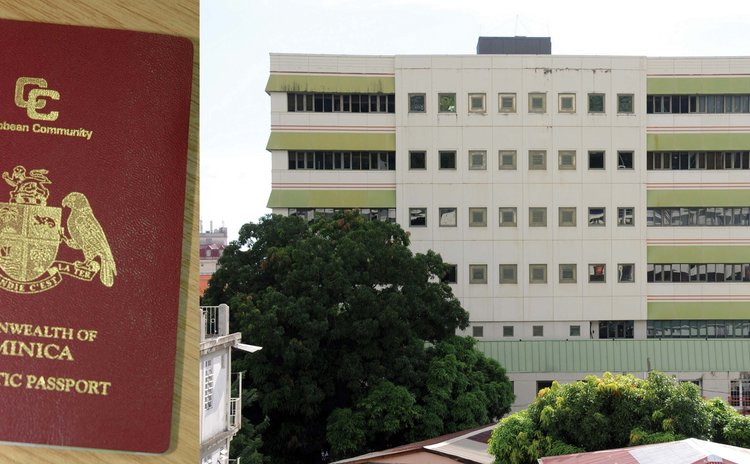The CBI Programme: An Investor's Perspective

Dominica's Citizenship by Investment (CBI) programme has been met with a lot of criticism and questions over the years, particularly when it receives international attention for the wrong reasons.
The country's CBI programme was established in 1993 by the Dominica Freedom Party and allows reputable investors and their eligible family members to legally obtain citizenship in return for a significant investment in Dominica.
To date, there have been several projects funded by CBI funds such as housing complexes, hotel resorts and spas, and road enhancements, to name a few.
Often times when one hears about the programme it is from a government point of view, or international media if an unsavoury character of worldwide interest is found to have Dominican citizenship.
The Sun Newspaper sought out the views of an individual who holds a Dominican passport under the CBI programme to better understand the appeal of the programme to non-nationals.
"Being able to travel to countries that the U.S does not really like, or would raise questions with the U.S was the main reason," says Peter Saxton* who has owned a Dominica passport for 20 years.
That was what initially attracted this investor, but after he visited the country he had a different outlook.
"I came to Dominica for an interview and I met some Dominicans and I fell in love with the country," he said.
Being granted Dominican citizenship through the presentation of a passport did not make things easier for Saxton when it came to conducting business on the island.
"I found that in dealing with the banks, the government, and various private enterprises, that people were fearful and suspicious of outsiders. I also found that as a white guy, the price went up. So I found that to be very discouraging," he said.
And that, to Saxton, is the only downside to owning Dominican citizenship. He told The Sun of several incidents where he was discriminated against because of the colour of his skin and being seen as a foreigner in the eyes of the locals.
"For example, I had made an agreement to lease a house, but when the landlord saw it's a white foreign guy, of course, he raised the rent. I also found that when I would go in the bank they would say 'you have to be Dominican' and I would say 'I am and I would show my driver's license and I would show my passport, they would say 'but you're not born here, I would say 'it doesn't matter" and people wouldn't know what to say. They would want to tell me no but couldn't tell me no because I am a citizen," he said. Having fallen in love with the country, its people, and its culture, this treatment was disheartening for Saxton. He found people friendly and open, however extremely suspicious and fearful of outsiders.
He told the Sun that back when he applied for citizenship there was no discussion on what his monetary contribution would be used for. He just paid the flat fee of $50,000.
However, in the instances when Dominica's CBI programme comes under the spotlight due to a person deemed 'nefarious' by the international community who holds a Dominican CBI passport, Saxton says these rare incidents should come as a surprise.
"Naturally that is disappointing, but in reality, it's like a family, there's always one or two bad apples that fall through the cracks. It's just the law of averages," he pointed out.
Saxton, who visits Dominica at least once a year, since obtaining his citizenship two decades ago is encouraging potential economic citizens to show a vested interest in Dominica, its people, and its development.
"My advice to those who are seeking citizenship in Dominica, or have become economic citizens of Dominica, is not to be a passive citizen, to get to know the country that naturalized you, get to know people there, get to know and understand how it works," he said.
*Name changed to protect identity.
©Copyright. All rights reserved




